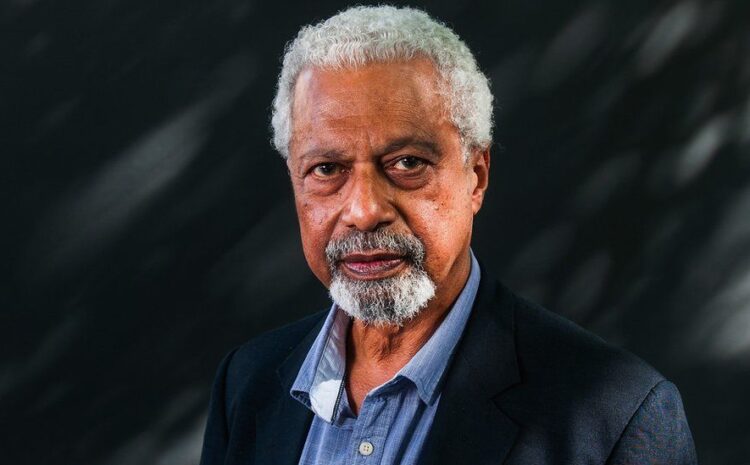
IMAGE SOURCE, GETTY IMAGES
Tanzanian novelist Abdulrazak Gurnah has said he was “surprised and humbled” to be awarded the 2021 Nobel Prize for Literature.
The Swedish Academy praised Gurnah for his “uncompromising and compassionate penetration of the effects of colonialism”.
The prize is awarded by the Swedish Academy and is worth 10 million Swedish crowns ($1.14m / £840,000).
Gurnah, 73, is the author of 10 novels, including Paradise and Desertion.
He said how grateful he was to the academy, adding: “It’s just great – its just a big prize, and such a huge list of wonderful writers – I am still taking it in.
“It was such a complete surprise that I really had to wait until I heard it announced before I could believe it.”
‘Dedication to truth’
Paradise, published in 1994, told the story of a boy growing up in Tanzania in the early 20th Century and was nominated for the Booker Prize, marking his breakthrough as a novelist.
“Abdulrazak Gurnah’s dedication to truth and his aversion to simplification are striking,” the Nobel Committee for Literature said in a statement.
“[His] characters find themselves in a hiatus between cultures and continents, between a life that was and a life emerging; it is an insecure state that can never be resolved.”
 IMAGE SOURCE, GETTY IMAGES
IMAGE SOURCE, GETTY IMAGESBorn in Zanzibar in 1948, Gurnah arrived in England as a refugee in the late 1960s.
He was Professor of English and Postcolonial Literatures at the University of Kent, Canterbury, until his recent retirement.
He said his award would mean issues such as the refugee crisis and colonialism, which he has experienced, will be “discussed”.
“These are things that are with us every day. People are dying, people are being hurt around the world – we must deal with these issues in the most kind way,” he said.
‘Much more violent’
“I came to England when these words, such as asylum-seeker, were not quite the same – more people are struggling and running from terror states.
“The world is much more violent than it was in the 1960s, so there is now greater pressure on the countries that are safe, they inevitably draw more people.”
In an interview in 2016, when asked if he would call himself an “author of postcolonial and/or world literature”, Gurnah replied: “I would not use any of those words. I wouldn’t call myself a something writer of any kind.
The Nobel Prizes, which have been awarded since 1901, recognise achievement in literature, science, peace and latterly economics.
Past winners have included novelists such as Ernest Hemingway, Gabriel Garcia Marquez and Toni Morrison, poets such as Pablo Neruda, Joseph Brodsky and Rabindranath Tagore, and playwrights including Harold Pinter and Eugene O’Neill.
Last year’s award was won by American poet Louise Gluck.
